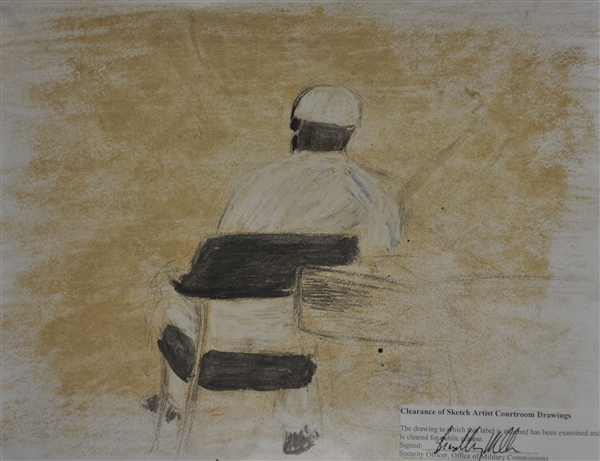WASHINGTON, Oct. 15, 2010 — The Defense Department will abide by the injunction issued by a California judge on the “Don’t Ask, Don’t Tell” law while the Justice Department appeals the decision, DOD officials said here today.
In a memorandum to service secretaries, Clifford L. Stanley, the undersecretary of defense for personnel and readiness, said the department “will abide by the terms of the injunction.”
Judge Virginia Phillips issued the injunction Oct. 12. It grew from her Sept. 9 decision that the Don’t Ask, Don’t Tell law is unconstitutional, violating the 1st and 5th amendments.
Her injunction ordered the government, “immediately to suspend and discontinue any investigation, or discharge, separation or other proceeding that may have commenced under the ‘Don’t Ask, Don’t Tell’ Act or its implementing regulations.”
The injunction and appeal have caused uncertainty for servicemembers about the law, Stanley wrote. “We note for servicemembers that altering their personal conduct in this legally uncertain environment may have adverse consequences for themselves or others should the court’s decision be reversed,” the undersecretary said.
The department wants any changes to the law to be studied, Stanley said. Gen. Carter F. Ham, commander of U.S. Army Europe, and Jeh Johnson, the department’s general counsel, are co-chairing a working group that is studying the implications of changes in the law.
The working group has surveyed hundreds of thousands of servicemembers and their families for their opinions on how to best move forward. It is to present its report to Defense Secretary Robert M. Gates on Dec. 1.
“Requiring the department to cease all enforcement of ‘Don’t Ask, Don’t Tell,’ immediately and worldwide, will cause significant disruptions to the force in the short term and, in the long term, would likely undermine the effectiveness of any transition to accepting open service by gays and lesbians in the event the law is repealed or eliminated,” Stanley said in a deposition filed with the court yesterday.
The department will need to educate and train the force on any changes to the law, and will need to revise dozens of instructions, regulations and policies, Stanley said. With tens of thousands of servicemembers in Iraq and Afghanistan, this training cannot be provided instantaneously, he said.
“The secretary of defense specifically cited the need to avoid interfering with combat operations when charging the working group with developing a plan for implementing repeal of the [Don’t Ask, Don’t Tell] policy; the same concern applies to the judicial invalidation of the statute,” Stanley said.
Invalidating the law will require changes in a number of areas including housing, benefits, re-accession, military equal opportunity, anti-harassment, standards of conduct, rights and obligations of the chaplain corps and others.
“Amending these regulations would typically take several months,” Stanly said in the deposition. “To change all the implicated policies and underlying regulations will require a massive undertaking by the department and cannot be done overnight.”
Source:
U.S. Department of Defense
Office of the Assistant Secretary of Defense (Public Affairs)

 von
von 